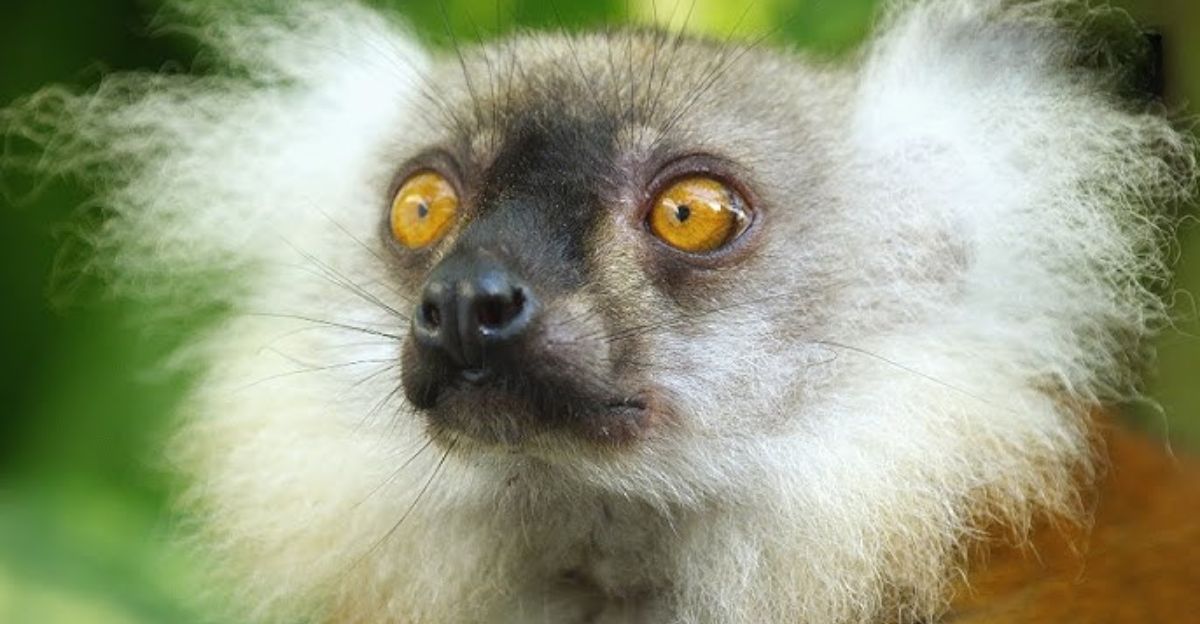
In the vast tapestry of the natural world, the pursuit of sustenance often leads animals to unexpected encounters with fermented fruits and nectars. These naturally occurring sources of ethanol can induce states of inebriation, affecting behavior and interactions within various species. Recent studies have shed light on the prevalence of such occurrences, revealing that many animals inadvertently consume alcohol in their quest for nourishment.
Vervet monkeys in the Caribbean have developed a penchant for alcoholic beverages, often seeking out fermented sugar cane and even raiding local bars for cocktails. Studies indicate that their drinking habits mirror human patterns, with some monkeys abstaining, others drinking in moderation, and a few indulging excessively. This behavior is believed to have evolved due to the availability of fermented sugar cane juice from plantations.
Bohemian Waxwings
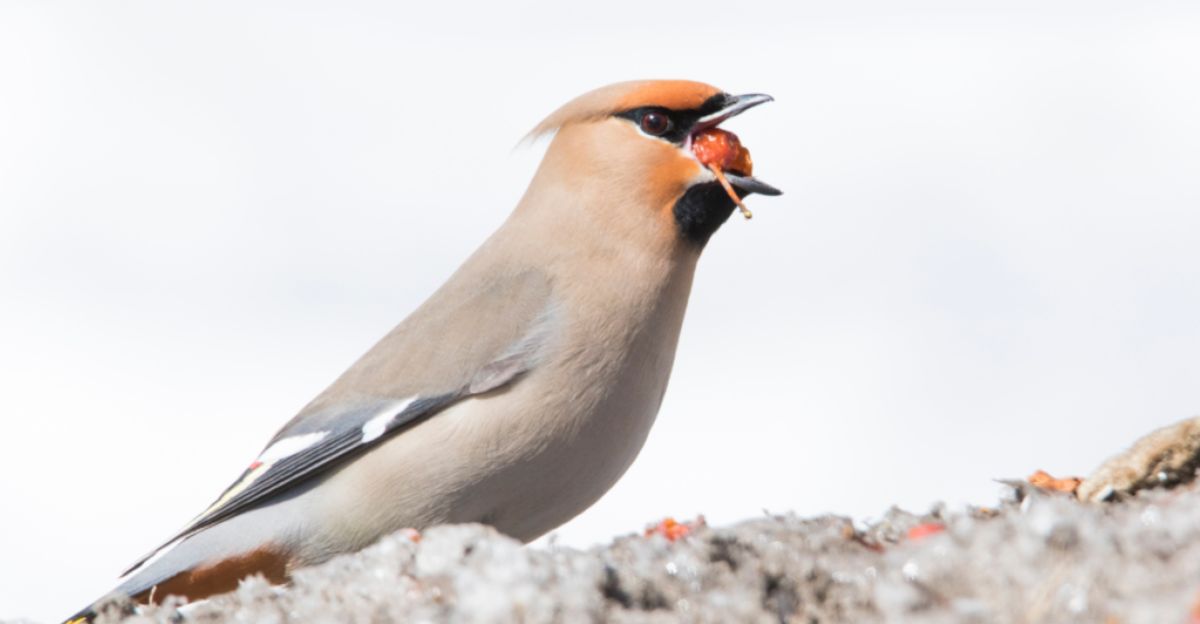
These birds are known to consume large quantities of berries, which can ferment and produce alcohol. Instances have been documented where Bohemian waxwings become intoxicated, leading to impaired flight and increased risk of accidents. The consumption of fermented berries can result in ethanol toxicosis, sometimes fatal for these birds.
Elephants
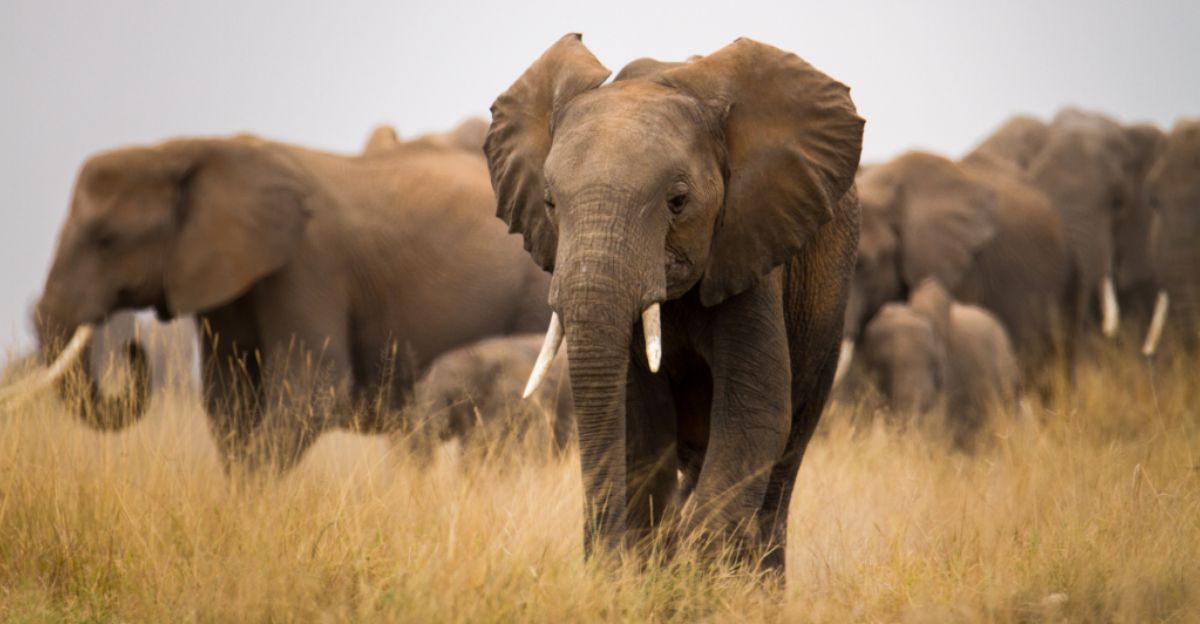
There have been longstanding myths about elephants getting drunk from consuming fermented marula fruit. However, studies have debunked this, showing that it’s unlikely elephants can consume enough fermented fruit to become intoxicated. The myth was popularized by the 1974 film “Animals Are Beautiful People,” which reportedly staged scenes of inebriated animals.
Bees
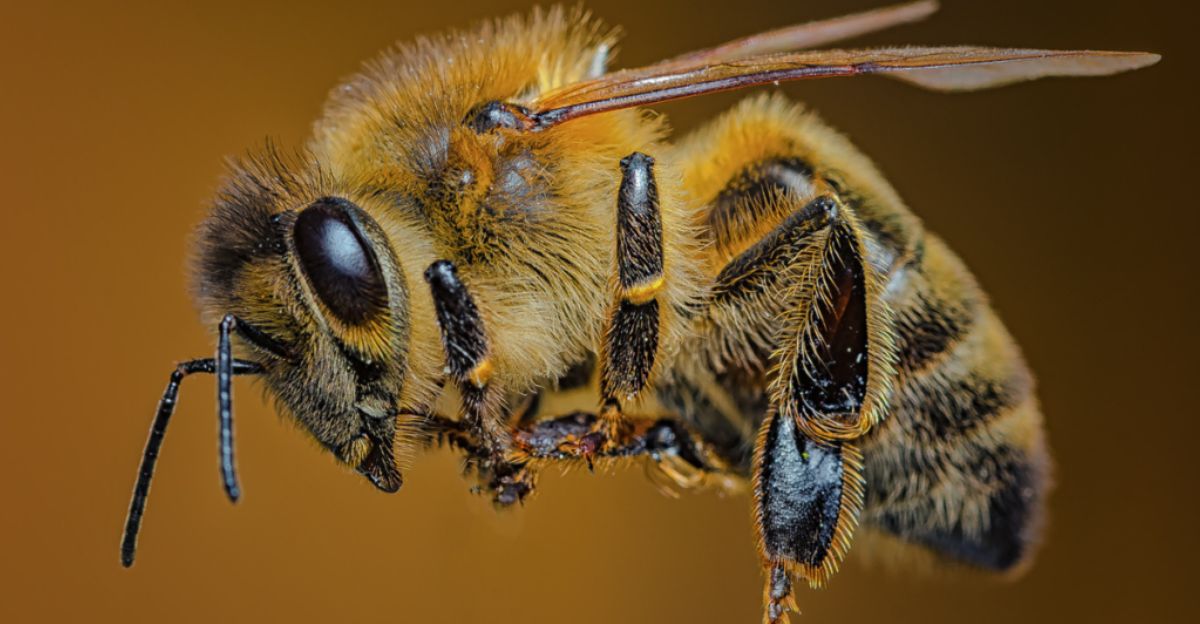
Bees can become intoxicated by consuming fermented nectar. Intoxicated bees exhibit impaired motor functions, making it difficult for them to fly. In some cases, these bees are rejected by their colonies upon returning in an inebriated state.
Moose
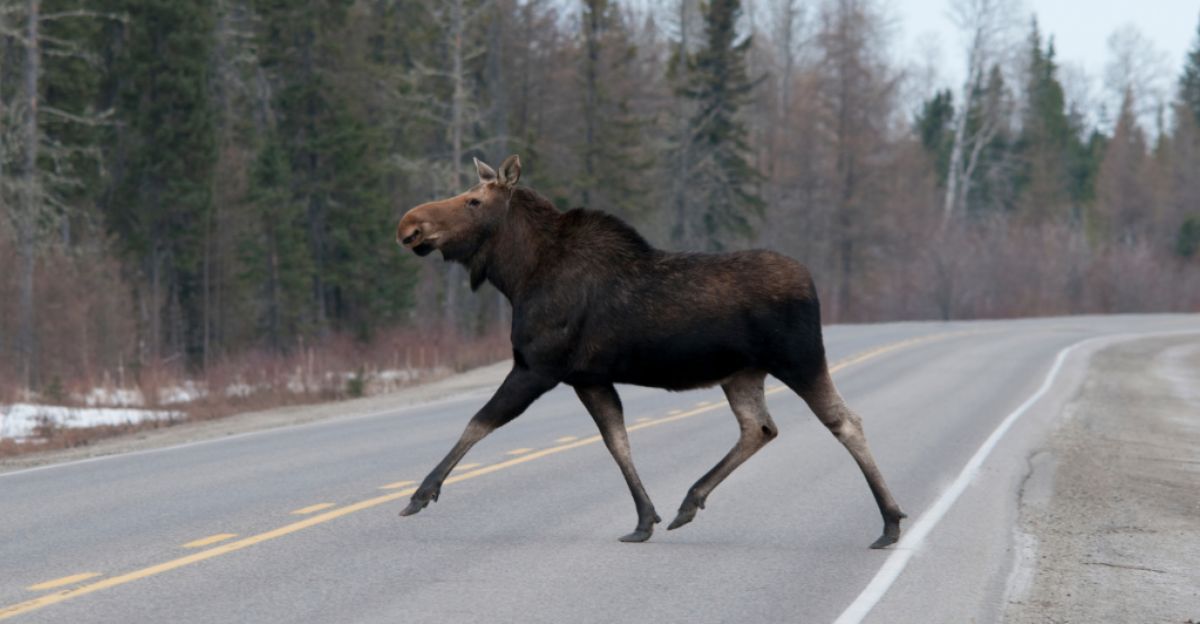
Moose have been observed consuming fermented apples, leading to visible signs of intoxication. In Sweden, there have been reports of moose becoming inebriated from eating fermented fallen apples, sometimes leading to them getting stuck in trees or causing disturbances in residential areas.
Chimpanzees
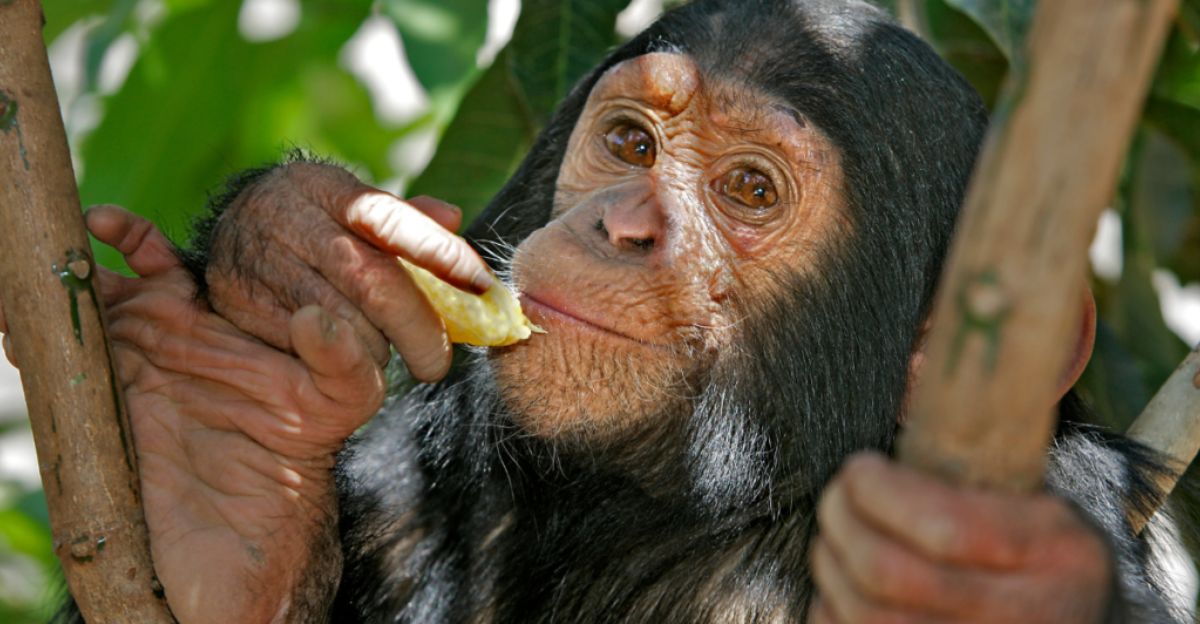
In Guinea, wild chimpanzees have been observed using leaves to drink fermented sap from raffia palms, which contains about 3% alcohol by volume. Some chimps consumed significant quantities, showing behavioral changes such as lethargy and unsteadiness. This suggests that the consumption of ethanol is not a deterrent and may have been part of primate behavior for generations.
Bats
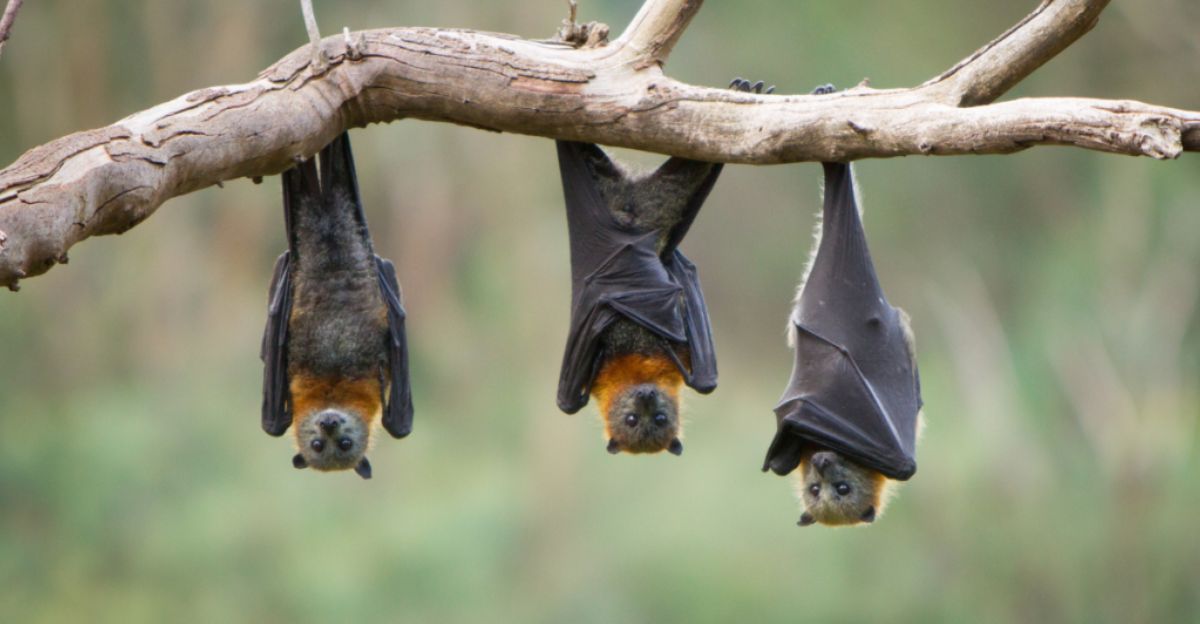
Fruit bats consume large amounts of fruit, some of which may be fermented and contain ethanol. Despite their small size, studies have shown that some species can tolerate relatively high blood alcohol levels without significant impairment to their flight abilities. This tolerance is thought to be an evolutionary adaptation due to their fruit-based diet.
Squirrels
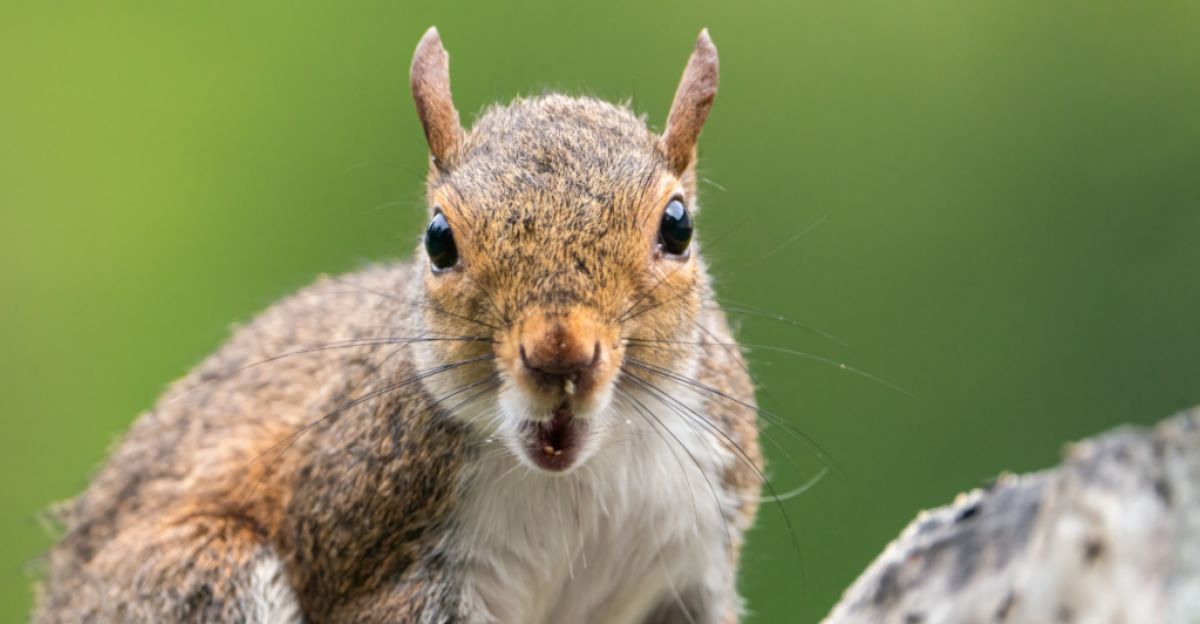
Squirrels have been spotted eating fermented pumpkins and apples, leading to uncoordinated movements and apparent disorientation. These incidents typically occur in the fall when fruits are abundant and have had time to ferment. While amusing to observers, intoxication can make squirrels more vulnerable to predators.
Cedar Waxwings
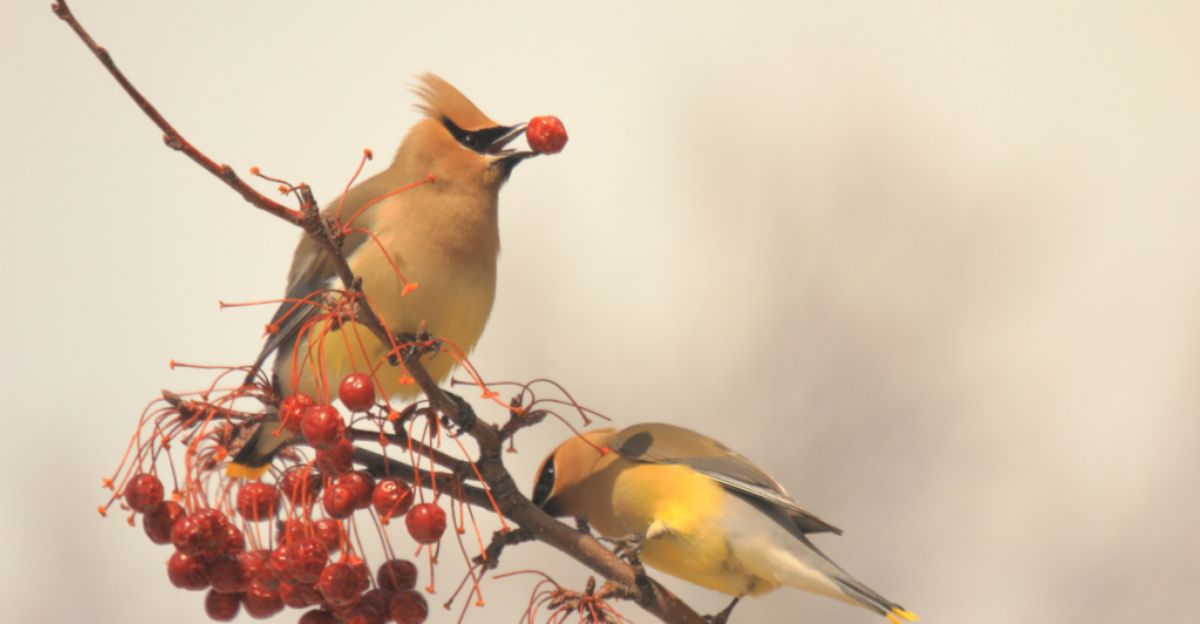
Similar to their Bohemian counterparts, cedar waxwings often consume berries that have fermented. There have been multiple reports of these birds becoming intoxicated, leading to erratic flight patterns and collisions. In some cases, large groups have died from ethanol poisoning after ingesting excessive amounts of fermented fruit.
Wallabies
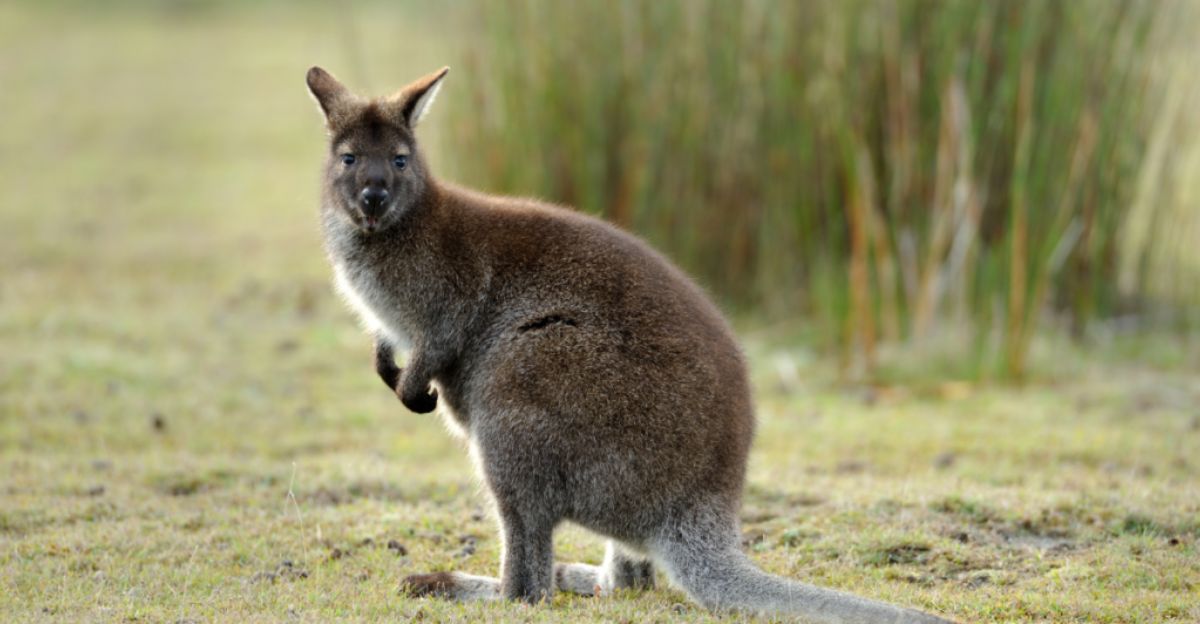
In Tasmania, wallabies have been reported entering poppy fields and consuming the plants. The opiates can cause them to display unusual behaviors, such as hopping in circles. This phenomenon has had unexpected consequences, including the creation of crop circles, which puzzled farmers until the wallabies’ behavior was identified as the cause.
Parrots
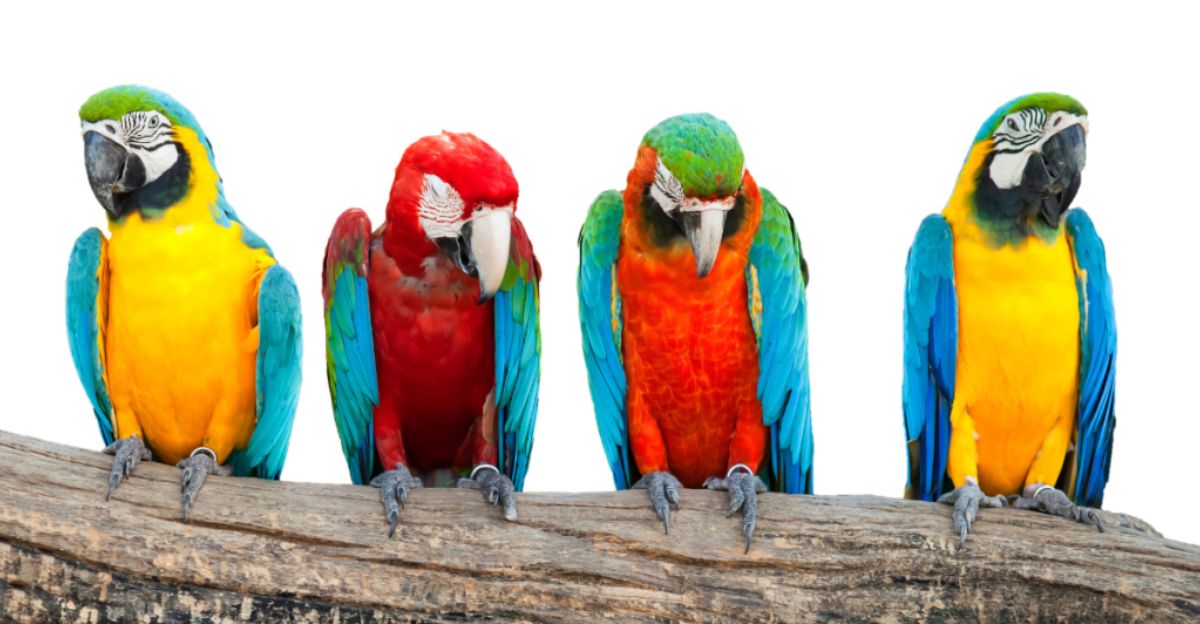
In certain regions, parrots have been observed consuming fermented grains and fruits. In Australia, red-collared lorikeets were found exhibiting signs of intoxication after feeding on fermented nectar. Affected birds showed symptoms like loss of coordination and difficulty flying.
Horses
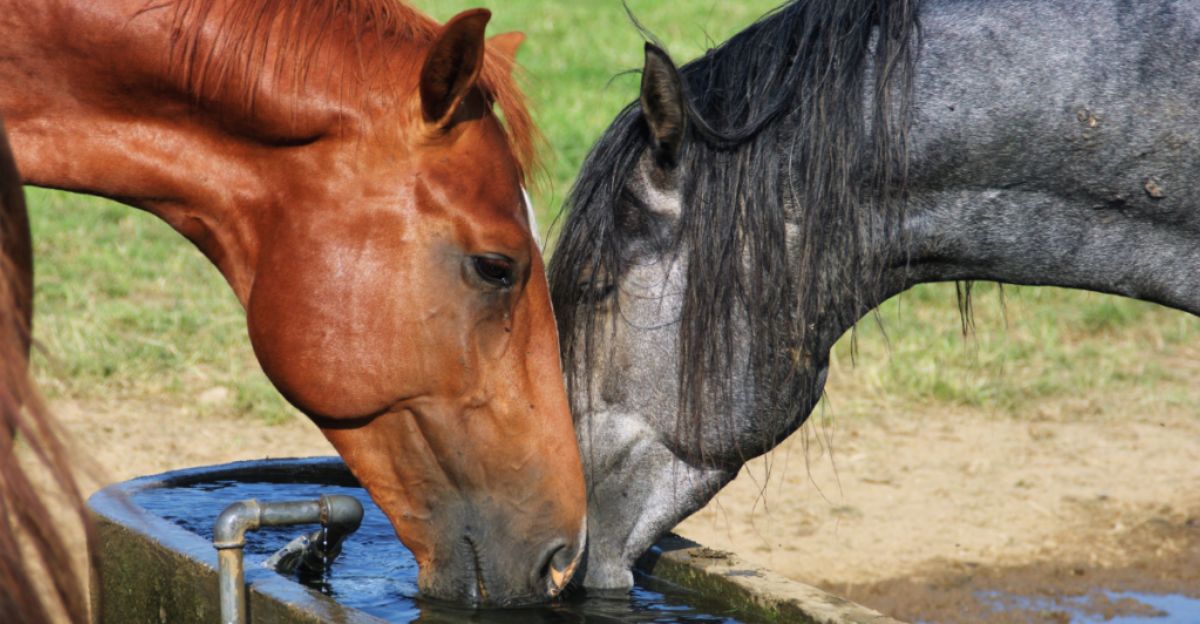
While not common, there have been instances where horses consume fermented feeds, leading to mild intoxication. In some cultures, it’s a practice to give small amounts of beer to horses, which they seem to enjoy. However, care is taken to ensure the amounts are minimal to prevent any adverse effects.
Tree Shrews
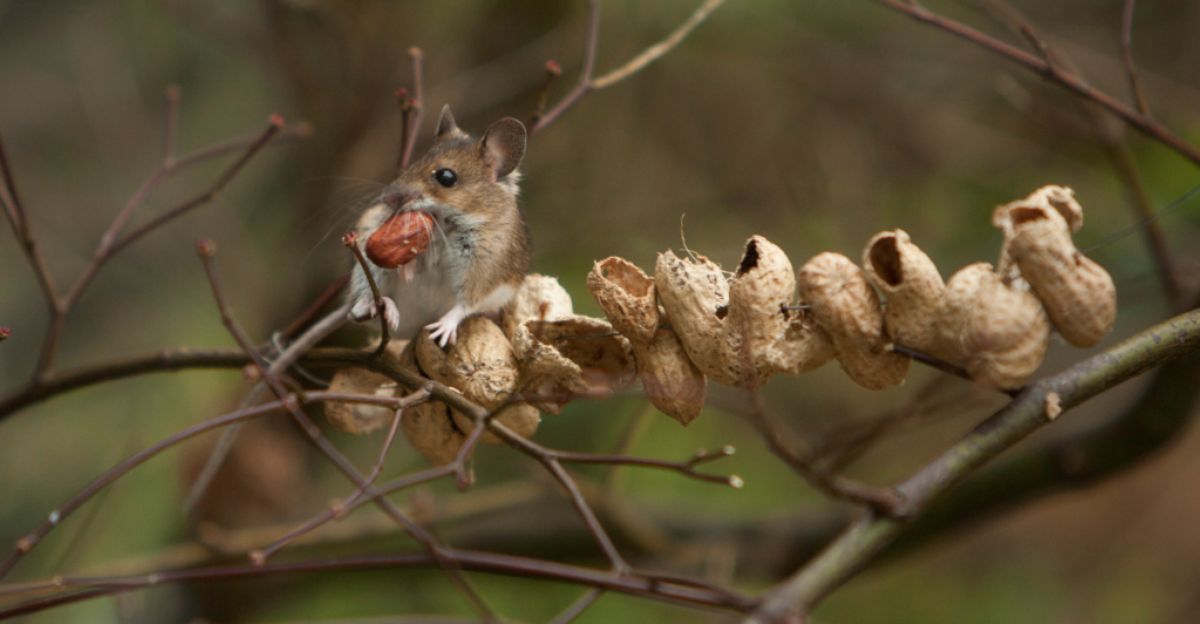
The pen-tailed tree shrew in Malaysia consumes the fermented nectar of the bertam palm, which can have an alcohol content up to 3.8%. Remarkably, these small mammals can consume the equivalent of 10 to 12 glasses of wine nightly with no signs of intoxication. This suggests a high tolerance, likely an evolutionary adaptation to their consistent exposure to fermented nectar.
Explore more of our trending stories and hit Follow to keep them coming to your feed!

Don’t miss out on more stories like this! Hit the Follow button at the top of this article to stay updated with the latest news. Share your thoughts in the comments—we’d love to hear from you!







